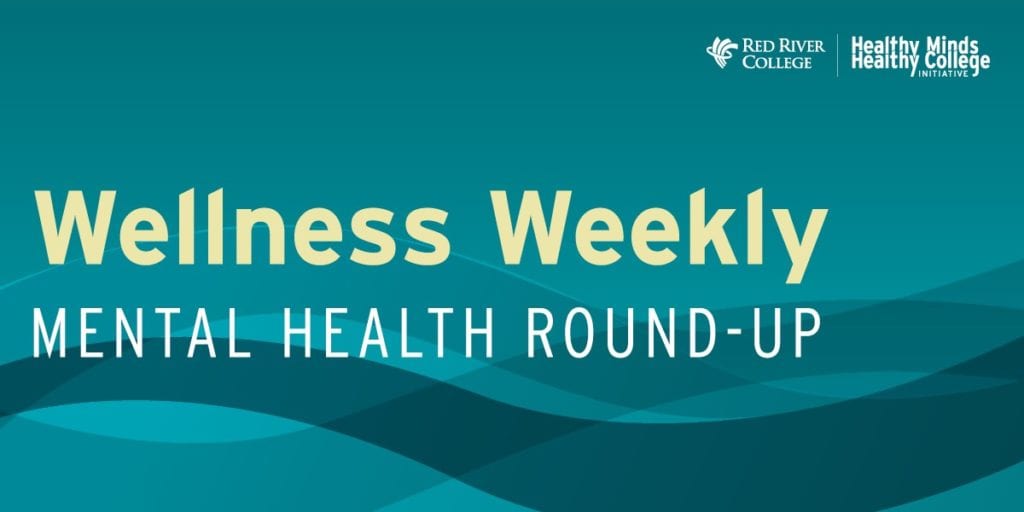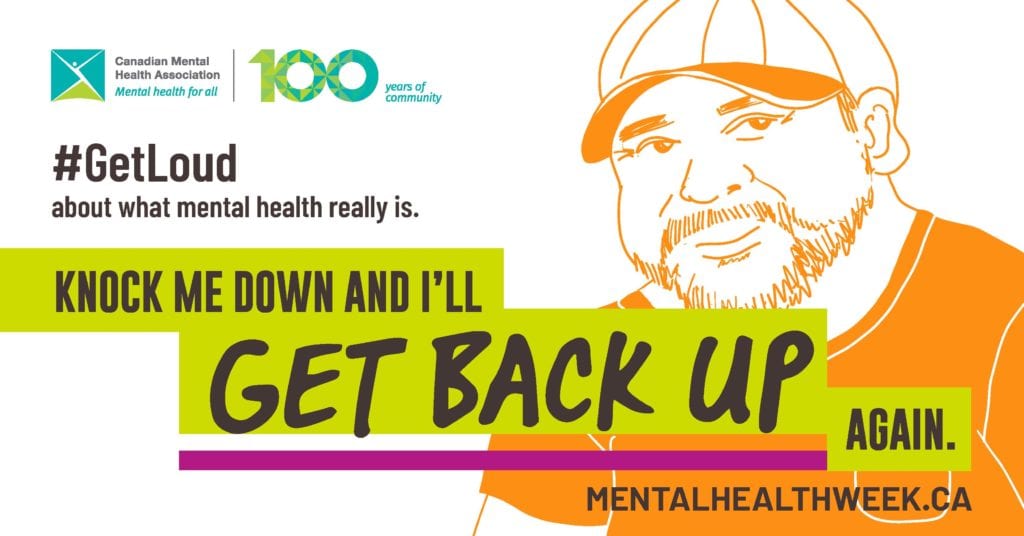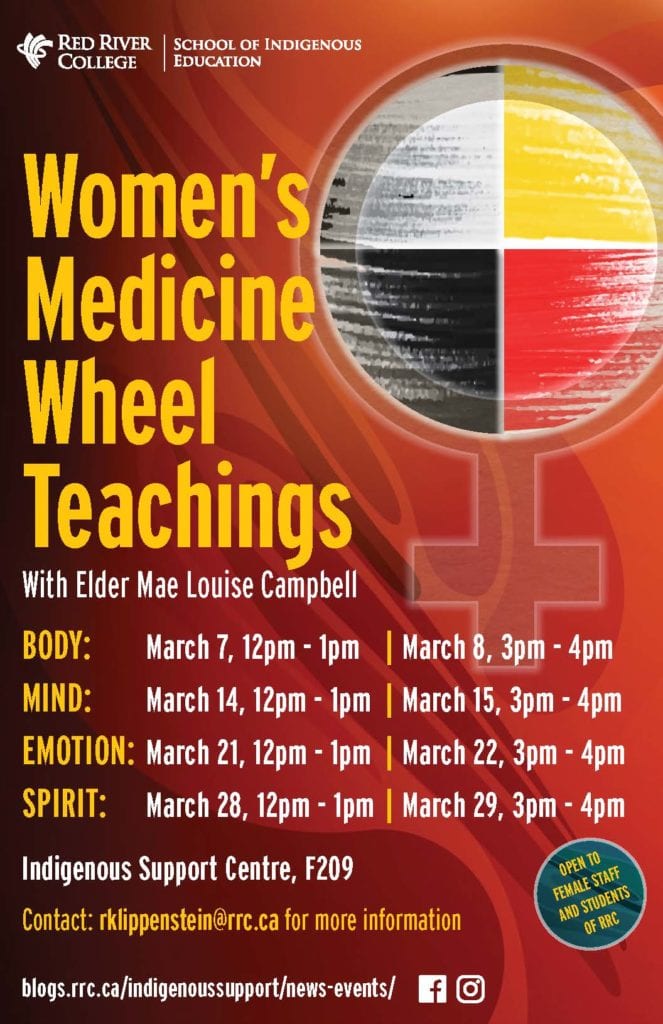Wellness Weekly: Curated Readings for May 28 – June 3
In our Wellness Weekly, mental health roundup feature we curate some of the best writing on the web related to health and wellbeing. Here is some recommended reading for this week.
- Diverse neighbors. Health centers. Commuter trains. These community attributes, and other key factors, are linked to well-being and quality of life, according to Yale researchers. Read Science Daily’s summary of the research, What makes us well? Diversity, health care, and public transit matter.
- The PLACE Research Lab Team at the University of Alberta put together some tips on how you and your collegues can support each other’s mental health, while having fun at the same time. Read Whistle While You Work: Tips for Mental Health in the Workplace.
- To help people with their digital well-being, Google announced several new features designed to help people monitor and manage the time they spend on their devices. Read Robbie Gonzalez’ piece on Wired, The Research Behind Google’s New Tools for Digital Well-being.
Do you have some favorite reading you’d like featured? Contact Breanna.








